What Is A Leaky Gut?
The gastrointestinal (GI) tract is where food is digested and nutrients are absorbed. The GI tract has an intestinal lining that protects your body from harmful substances. The intestinal walls are meant to be permeable to a certain point so that water and nutrients can pass through to the bloodstream while harmful substances are contained inside and later on excreted.
However, sometimes these tiny openings increase in size so that food particles, along with bacteria and toxins, are able to penetrate directly into the bloodstream and adversely affect our system. This condition is called leaky gut syndrome (LGS), also known as ‘increased intestinal permeability’ or IP, which has been linked with certain medical conditions. Are there foods that heal a leaky gut? Let’s find out.
In 2015, a published review article indicated that increased intestinal permeability may have contributed to the progression of inflammatory bowel disease (IBD). In 2019, another review found signs of IP transpiring before the onset of type 1 diabetes.
Causes And Risk Factors Of Leaky Gut
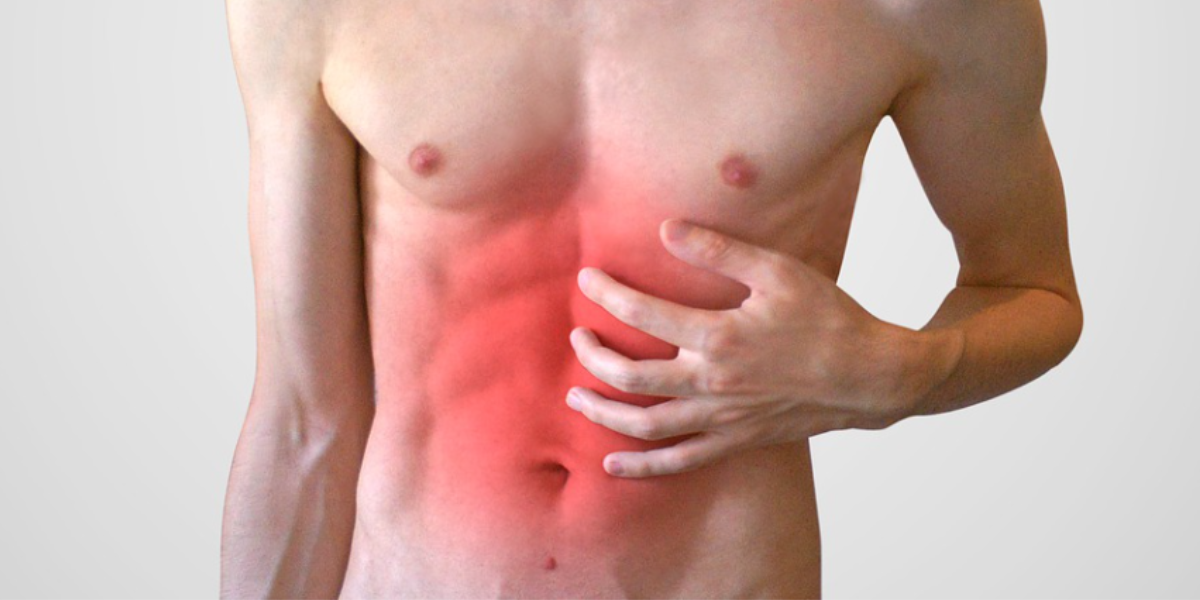
The development of leaky gut syndrome may be attributed to certain factors including:
- Hereditary predisposition
- Poor nutrition
- Stress
- Infection
- Alcohol consumption
- Toxin overload
- Dysbiosis
- Arthritis
- Irritable bowel syndrome (IBS)
- Inflammatory bowel diseases (IBD) like Crohn’s and ulcerative colitis
- Autoimmune diseases like lupus, or celiac disease
Signs That You Have A Leaky Gut
When harmful substances leak into the bloodstream, it can trigger an inflammatory response and changes in the gut microbiome which, in turn, lead to disturbances within the digestive system and beyond. So how can you tell if you have leaky gut syndrome? A leaky gut may cause or worsen the following symptoms:
- Chronic diarrhea, constipation, flatulence, or bloating
- Nutritional deficiencies
- Headaches
- Confusion, poor memory, or difficulty concentrating
- Fatigue
- Poor immunity
- Skin problems like acne or rashes
- Joint pain
- Widespread inflammation
Foods That Heal A Leaky Gut
To help treat or manage the symptoms of a leaky gut, it is important to modify your diet and avoid foods that are toxic to your body. Fortunately, there are also a wide variety of foods that can minimize symptoms of a leaky gut and they are:
-
High fiber, low-sugar carbs
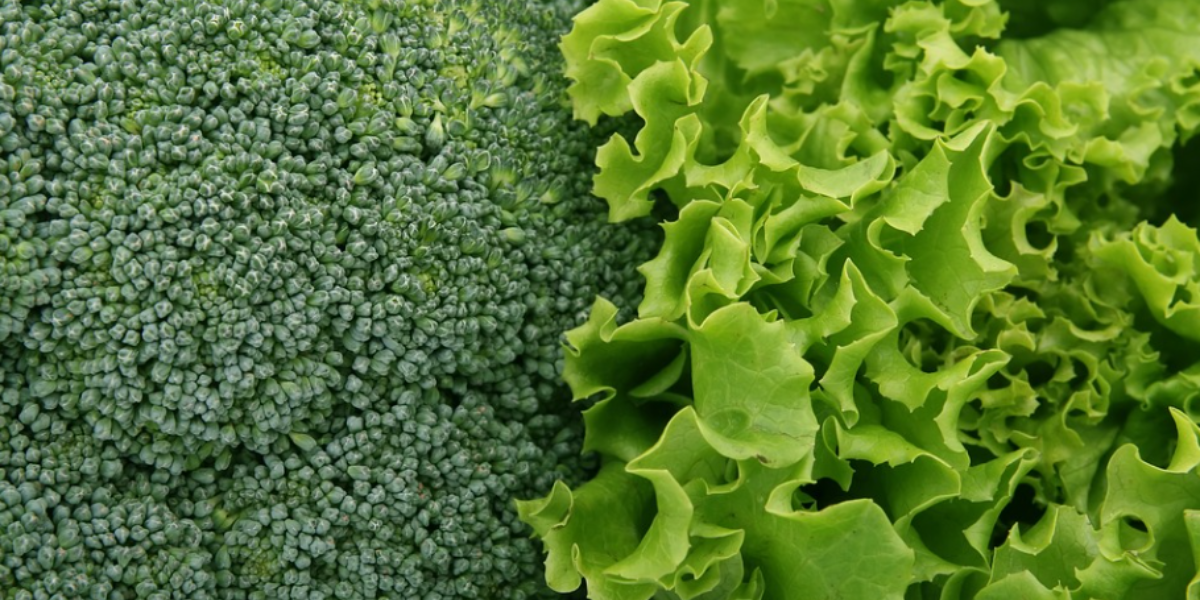
This type of carbohydrate serves as food for probiotic bacteria and nourishes a healthy gut flora. It is mostly made up of non-starchy vegetables such as:
- Cruciferous vegetables like cabbage, cauliflower, and broccoli
- Leafy green vegetables like spinach, kale, and Romaine lettuce
Non-starchy vegetables are usually higher in fiber but lower in sugar than their starchy counterparts. They also contain essential vitamins and minerals.
-
Slow carbs

Slow carbs are the term for slow-burning carbohydrates that help keep you full longer. Slow carbs provide energy and help maintain blood glucose levels. Carbohydrate-containing foods are ranked from 1-100 according to how much they increase blood sugar levels by a system called the glycemic index (GI).
The Mayo Clinic classifies low GI foods as those that score 55 below on the index, while medium ones score between 56-69, and high ones score 70 and above. The lowest GI scores represent the foods that make the blood sugar rise the slowest. The following are considered slow carbs or low GI foods:
- Starchy vegetables like sweet potatoes, green beans, and butternut squash
- Fiber-rich, low-sugar fruits like berries, apples, and oranges.
- Nominally processed fiber-rich grains like brown rice, rolled oats, and barley
-
Healthy unsaturated fats
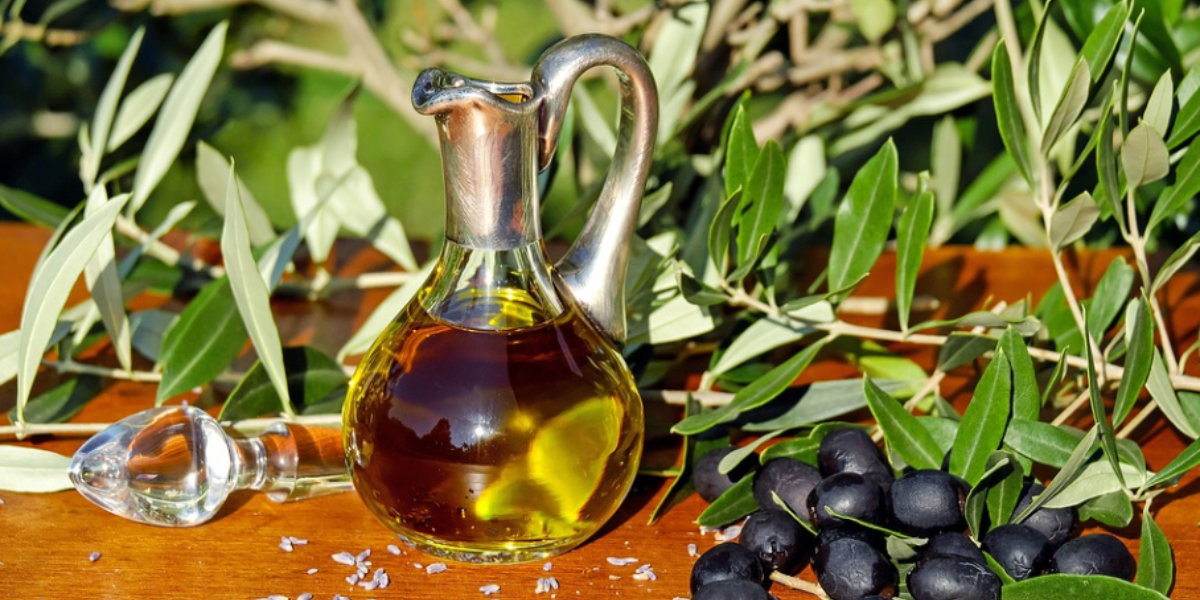
Unsaturated fats are considered to be the healthiest fats because they reduce the risk of certain diseases. They relieve inflammation, improve blood cholesterol levels, and maintain stable heart function, along with other beneficial roles.
Unsaturated fats are mostly found in fish and plant-based foods such as nuts, seeds, and vegetable oils. There are 2 types of healthy unsaturated fats and they include:
a) Monounsaturated fats
As their name suggests, the fatty acids in monounsaturated fats contain one double bond. They are liquid at room temperature but solidify when refrigerated, and they are found in:
- Avocados
- Peanut butter
- Canola oil, peanut oil, and olive oil
- Almonds, pecans, and hazelnuts
- Pumpkin and sesame seeds
b) Polyunsaturated fats
Polyunsaturated fats have a liquid consistency at room temperature with a lower melting point compared to monounsaturated fats. Their fatty acids contain two to six double bonds and they are found in:
- Corn oil, soybean oil, and safflower oil
- Walnuts and pine nuts
- Sunflower seeds, flax seeds, and chia seeds
- Fatty fish like salmon, tuna, and mackerel
- Seaweed
-
Ethical proteins
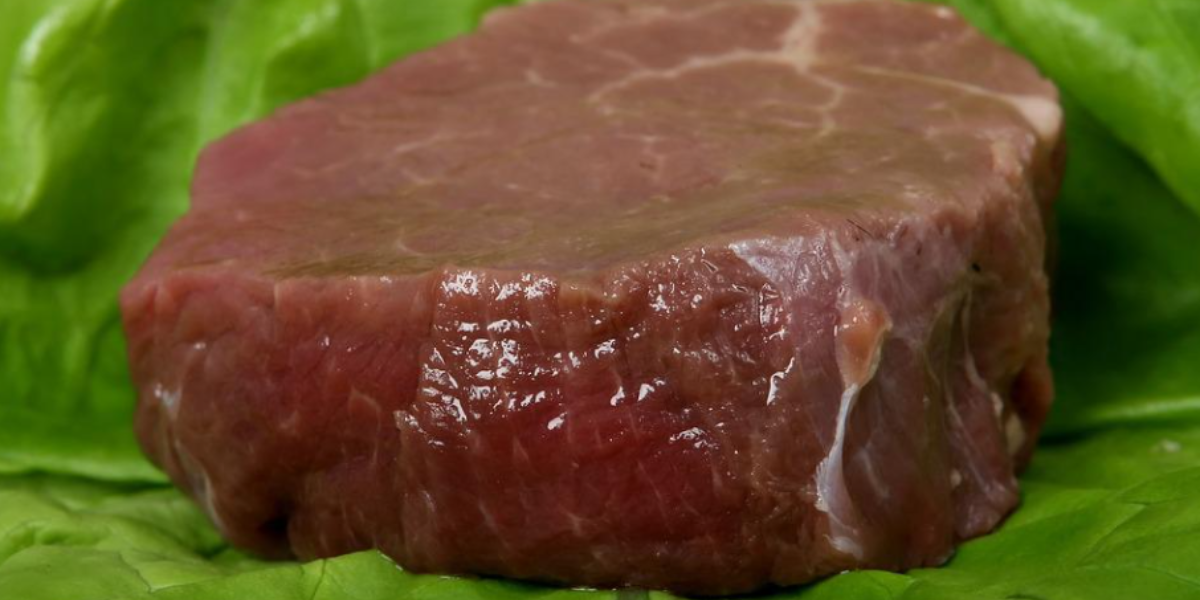
Ethically-sourced proteins, compared to their regular counterparts, contain higher amounts of omega-3 fats which have anti-inflammatory properties. Some ethical proteins include:
- Grass-fed meats
- Free-range poultry
- Wild-caught fish
-
Hypoallergenic proteins
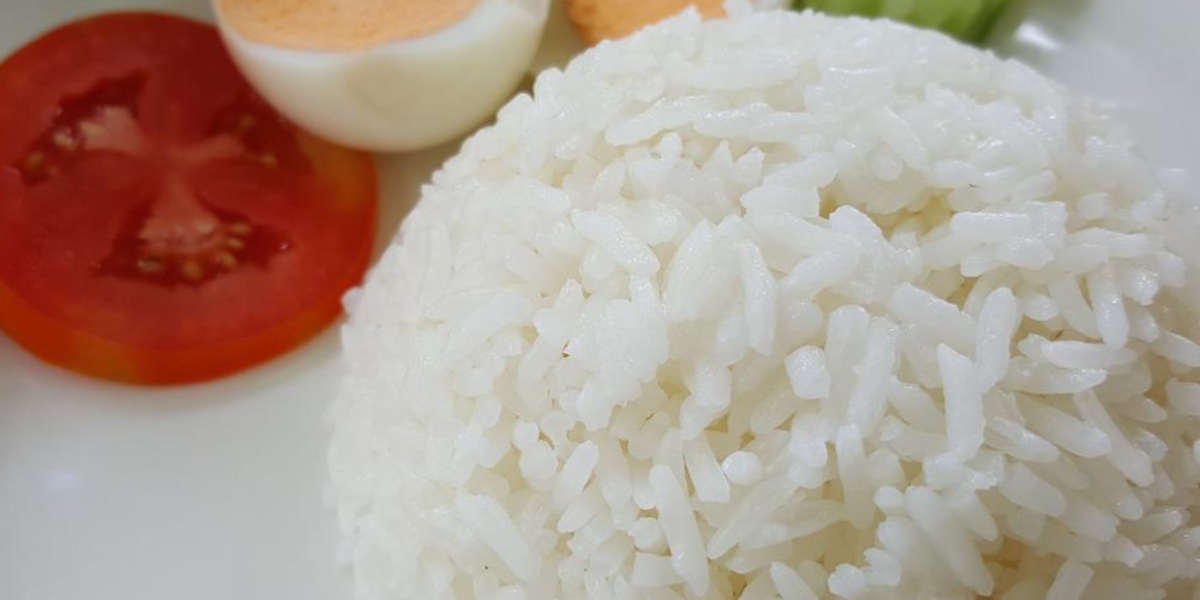
Most people who suffer from a leaky gut tend to have food allergies and sensitivities. Hypoallergenic proteins can help avoid these flare-ups and some of them are:
- Pea
- Rice
- Quinoa
- Chia seeds
-
Bone broth
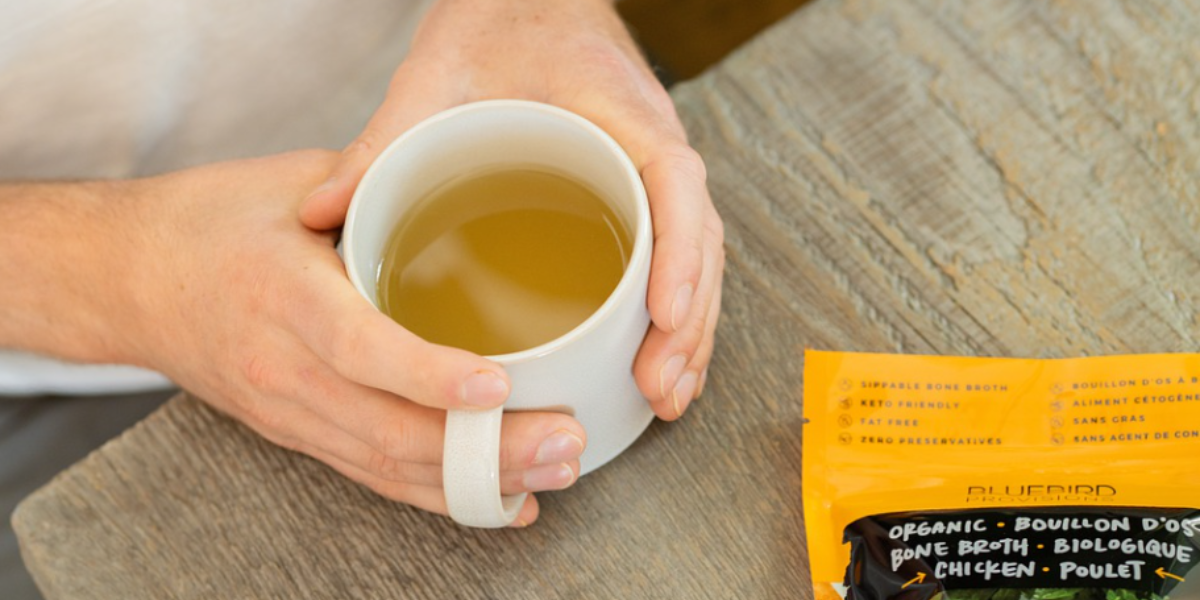
Bone broth is made by simmering animal bones and connective tissues for 12 to 24 hours to give enough time for the bones to release beneficial proteins, vitamins, minerals, amino acids, and bone marrow.
According to naturopathic doctor Kellyann Petrucci, M.S., N.D., bone broth contains unique beneficial compounds that are difficult to acquire from other foods such as:
a) Collagen
A leaky gut allows toxins to penetrate your GI tract into the rest of your body where they can disrupt your entire system. Collagen is a structural protein found in the gut lining which helps maintain the integrity of the intestinal barrier and repair a leaky gut.
b) Gelatin
While cooking bone broth, collagen from the bones and cartilage produce another protein called gelatin which naturally absorbs liquids. Gelatin protects the mucosal lining of the GI tract and promotes the digestion of nutrients.
c) Glutamine
Bone broth is rich in glutamine, the most abundant amino acid in the body which is derived from gelatin. Glutamine provides energy for the cells of the small intestines and regulates intestinal permeability.
-
Fermented foods
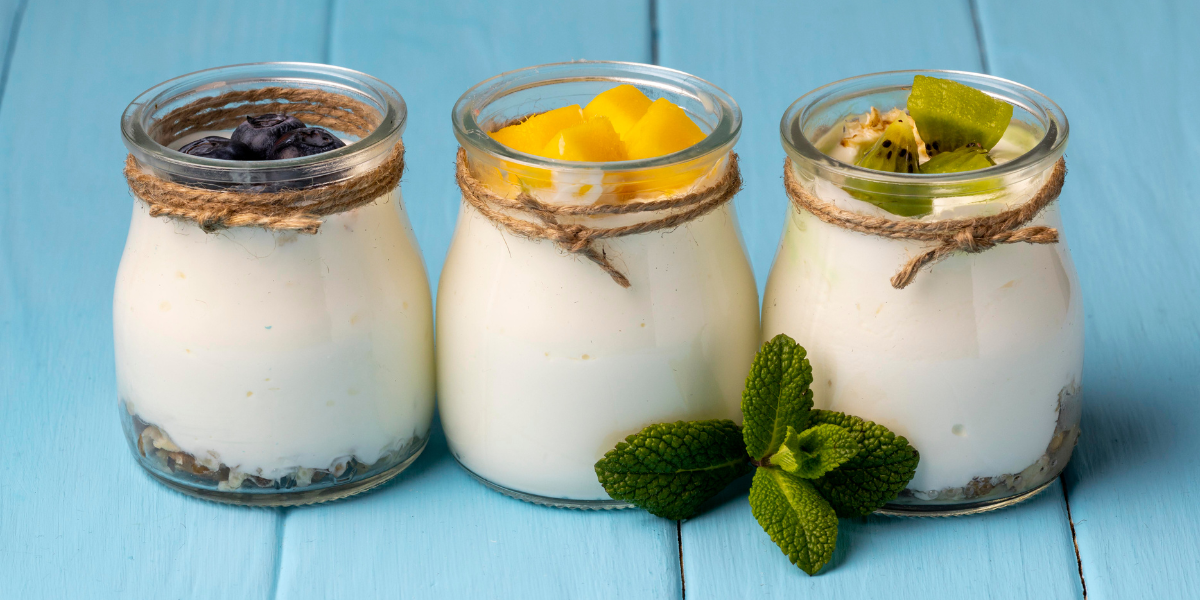
Fermented foods are foods and beverages that have been produced or preserved through the controlled growth of microorganisms. This process is known as fermentation. Fermented foods are rich in probiotics that fight off pathogens, boost your immune system, and protect the gut lining.
Some examples of fermented foods include:
Conflicting Findings

On the other hand, many healthcare professionals do not recognize LGS as an actual condition that can be diagnosed.
According to the Cleveland Clinic, there is no existing standard test that can directly measure the degree of intestinal permeability in patients. For this reason, leaky gut syndrome has not been established as a medical diagnosis and is considered a hypothetical condition for now.
In addition, gastroenterologist and director of the Center for Human Nutrition at the Cleveland Clinic, Donald Kirby, MD, says that “Leaky gut syndrome is not a diagnosis taught in medical school. Instead, leaky gut means you’ve got a diagnosis that still needs to be made.”
Gastroenterologist Linda A. Lee, MD, who is also the director of the John Hopkins Integrative Medicine And Digestive Center, further reiterates, “In the absence of evidence, we don’t know what it means or what therapies can directly address it.”
Sum And Substance
Nevertheless, one thing cannot be denied. There is some evidence associating LGS with a wide range of medical conditions, like those mentioned earlier. Until now, it has not been identified whether LGS is the probable cause or a subsequent symptom of these diseases.
On the bright side, symptoms of LGS can be managed or minimized by taking prebiotics and probiotics, reducing dietary fats and sugars, and following a balanced diet while eating a lot of foods that heal a leaky gut.

